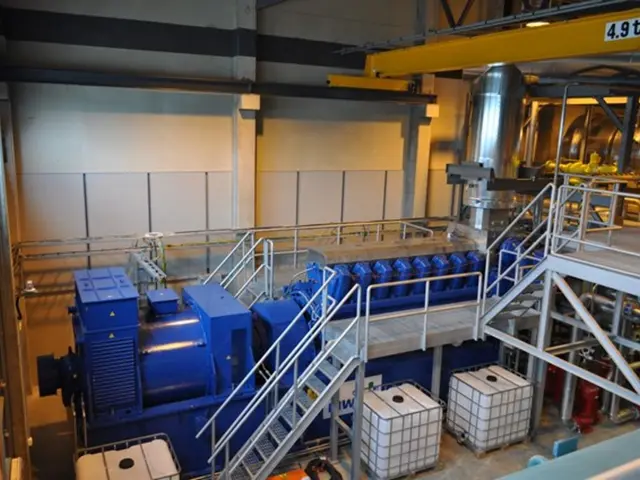East residents of the Far-East region borrowed more than 2 billion rubles in May, according to VTB.
In May 2025, mortgage issuance in Russia's Far East saw a 46% surge from April, reaching 2.1 billion rubles, as per VTB analysts. The average loan was 5.5 million rubles, a 13% increase compared to May 2024. Despite this uptick, the first five months of 2025 showed a significant decrease in mortgage loans received by residents compared to the same period last year.
Over the past year, Russian banks have issued over 1.1 trillion rubles in mortgage loans, a 44% decrease from the same period in 2024. The typical loan size was 4.7 million rubles, compared to 4.1 million rubles in 2024. In May, banks doled out about 264 billion rubles for apartment, house, and construction purchases, a 7% decrease from April and nearly half the level of May 2024. This drop is primarily due to seasonal factors, with numerous public holidays curbing business activity among Russians.
The rise in mortgage issuance in May was primarily fueled by state support, which now accounts for 85% of the total market issuances. VTB data shows that in May, mortgage issuance increased by 39% in terms of quantity, with 6,800 deals totaling 38.1 billion rubles. Since January, the bank has issued 27,500 housing loans totaling 144 billion rubles.
With strict eligibility criteria, high down payments, and limited interest from outsiders, many local residents may not qualify or may not be able to afford the mortgage terms offered under government programs. This, coupled with weak regional demand and limited federal and local support, has hindered mortgage activity in the Far East.
It is important to note that the current data does not point to the abolition of a specific commission as a significant factor in the rise in mortgage issuance. However, if a commission were to be abolished, its impact on mortgage issuance would likely be limited due to these structural barriers.
In summary, a commission abolition may not significantly improve mortgage issuance in the Far East, given the current market factors. Stagnation remains a common trend across most regions in Russia.
In the light of this data, it appears that the increase in mortgage issuance in May, driven by state support, is not primarily linked to a commission abolition, as many other factors such as strict eligibility criteria, high down payments, and limited demand are hindering mortgage activity. Additionally, the overall decrease in mortgage loans received by residents, as observed in the first five months of 2025, indicates a slowdown in the Russian real-estate market, suggesting potential challenges for investing in this sector.








